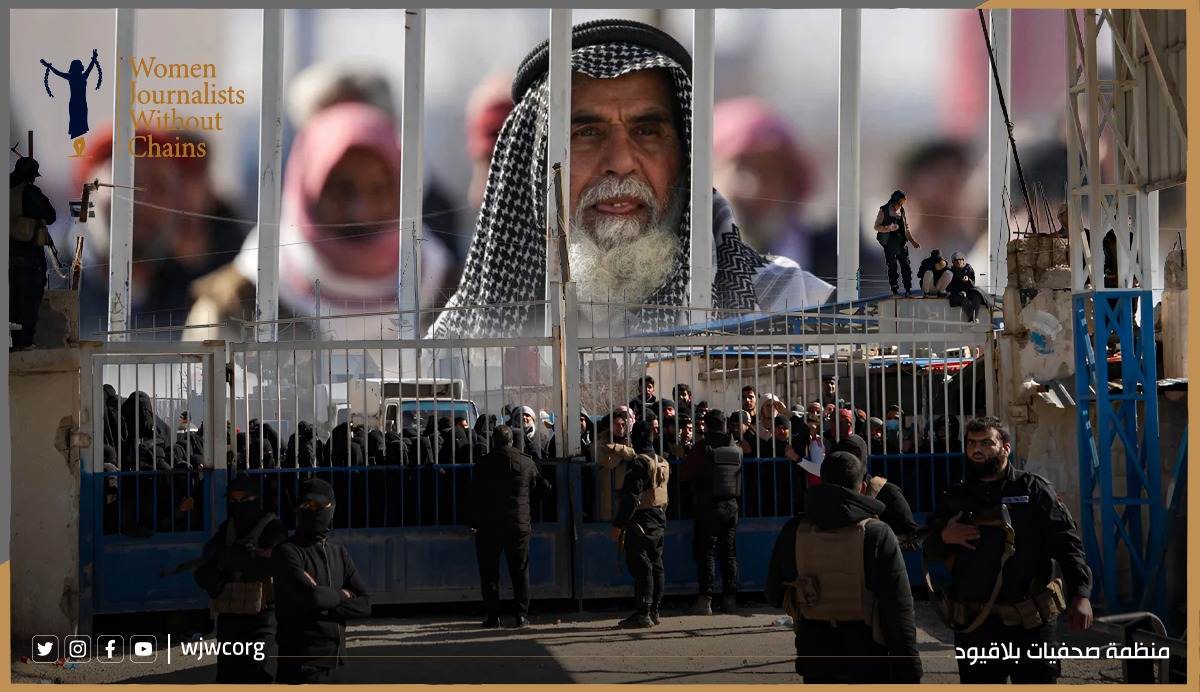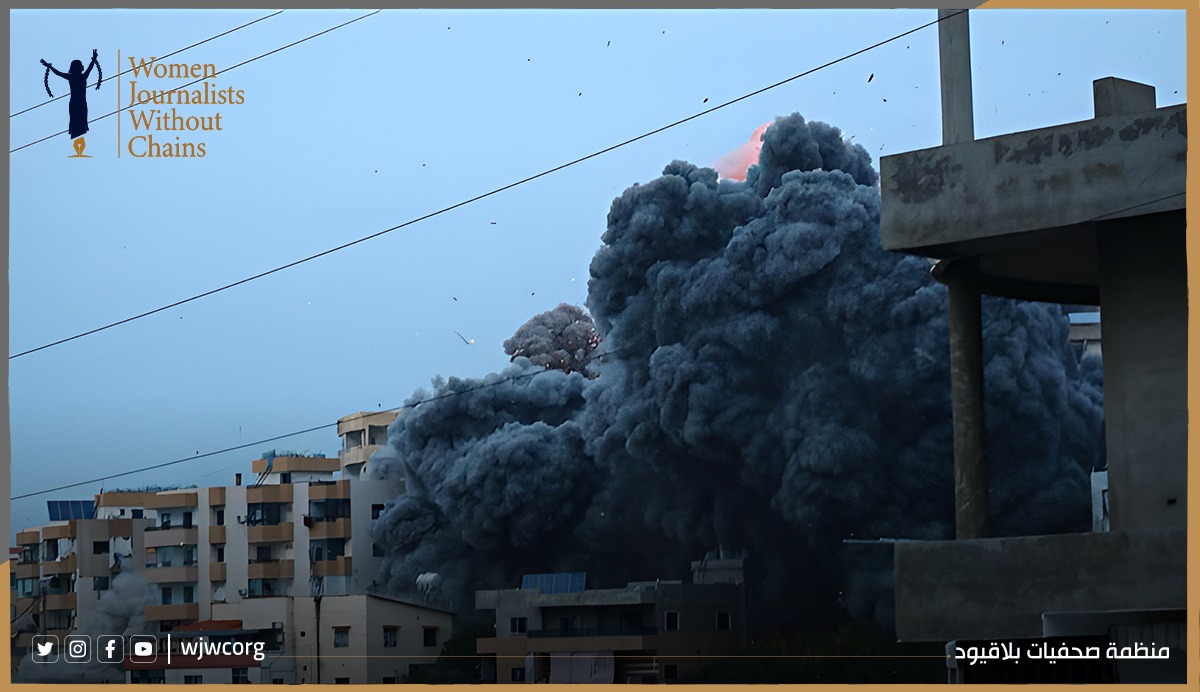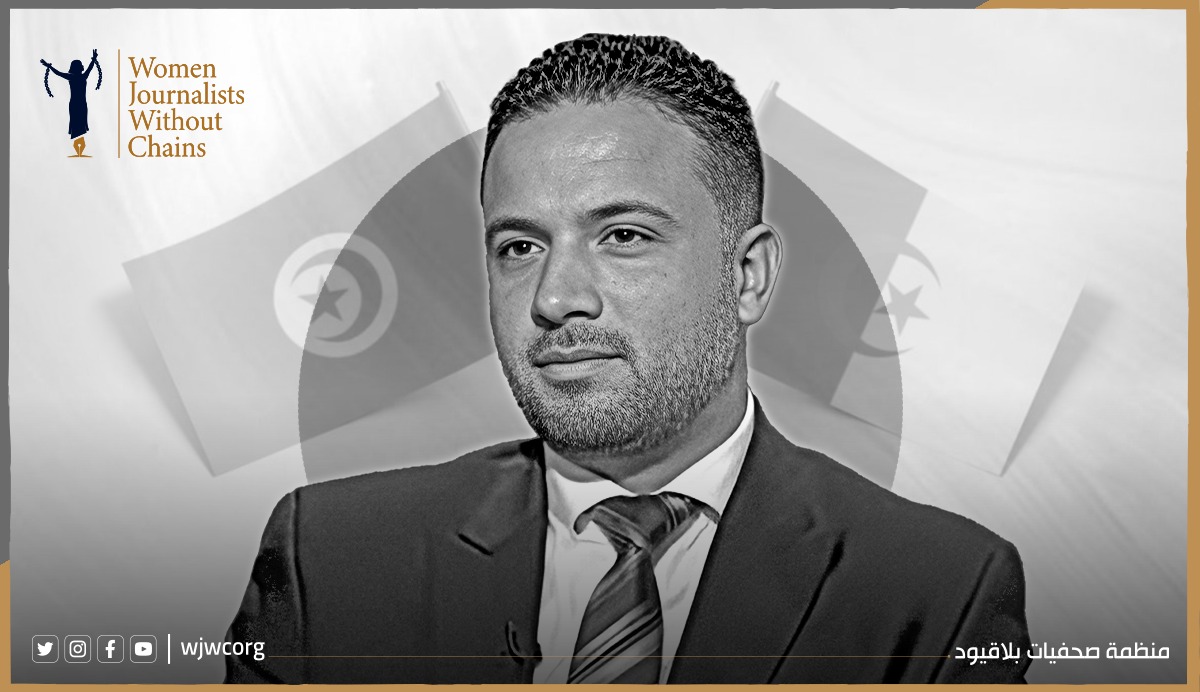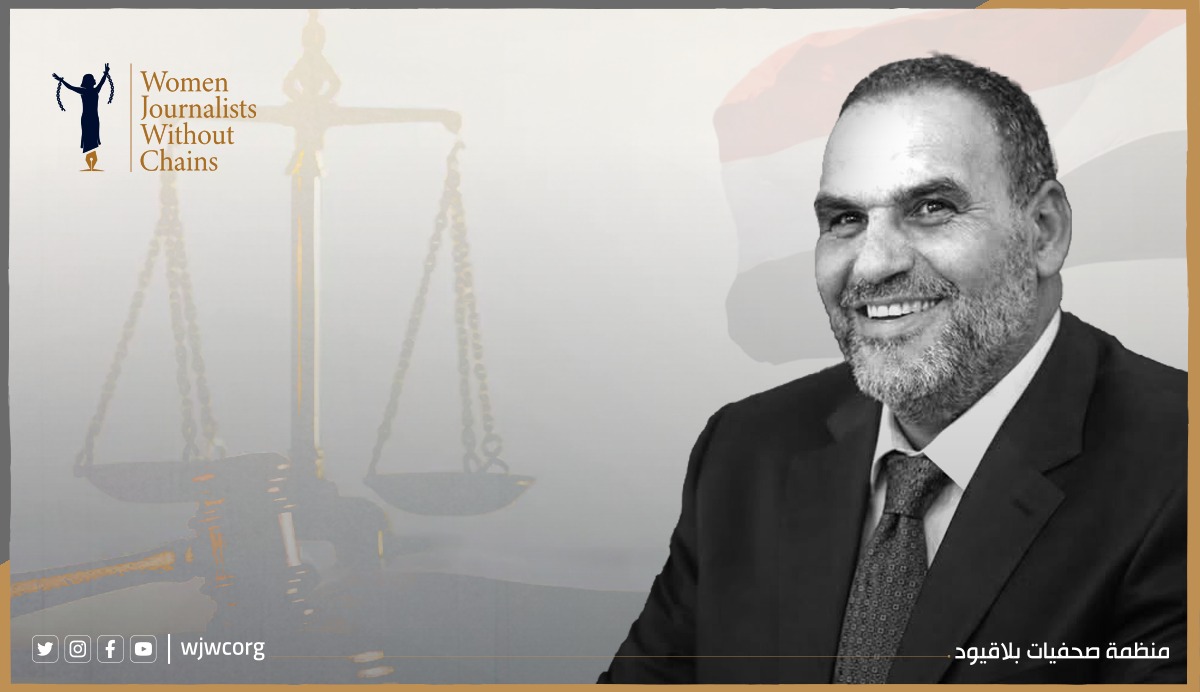Tunisia: Forced Transfers and Torture of Political Detainees
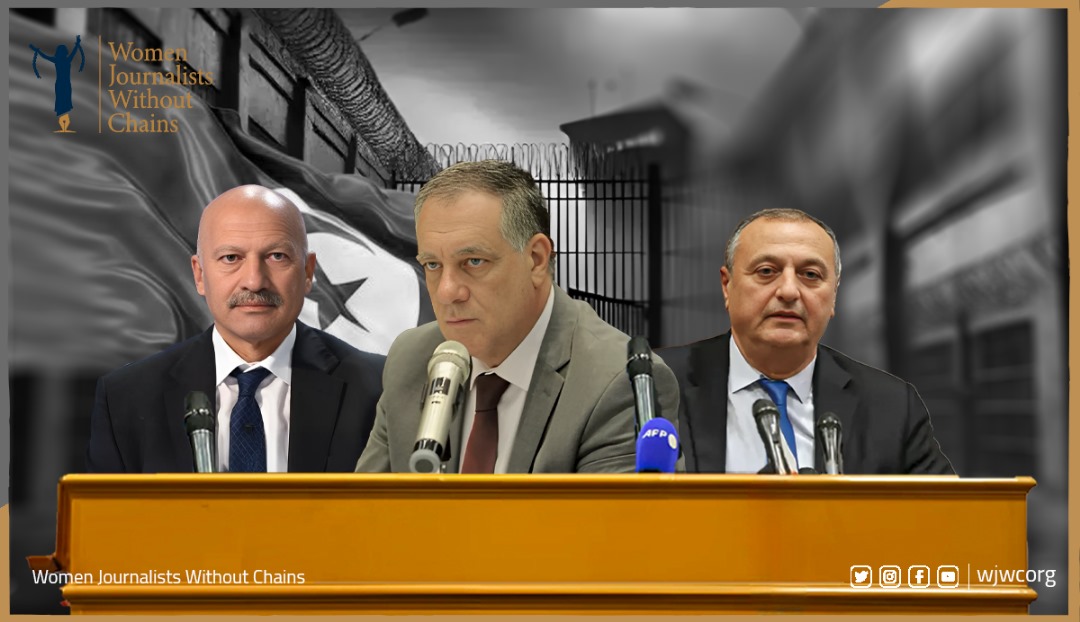
Women Journalists Without Chains (WJWC) strongly condemns the gross and systematic violations perpetrated against political detainees in Tunisia in connection with the so-called “conspiracy against state security” case.
These violations extend far beyond harsh judicial rulings issued by lower courts and include inhumane treatment inside detention centers that aim to break the will of detainees, isolate them, and instill fear—constituting a flagrant breach of both national and international human rights standards.
WJWC expresses deep concern over the recent forced transfers of several political detainees—most notably former minister and lawyer Ghazi Chaouachi—which were carried out without prior notice to their families or legal representatives. These transfers were executed using coercive and violent methods that, according to documented testimonies, amount to physical assault and arbitrary detention, bordering on enforced disappearance as defined under international law.
According to credible human rights sources and family statements, Chaouachi was forcibly transferred during the night of May 29, 2025, from Mornaguia Prison to Nador Prison in Bizerte Governorate. The transfer was reportedly executed by eight masked men who handcuffed, beat, and severely assaulted him until he lost consciousness. He was then placed in an overcrowded cell with more than twenty other detainees, in conditions lacking basic health and hygiene standards—highlighting the retaliatory nature of this act.
WJWC has also documented the arbitrary transfers of other political detainees, including Issam Chebbi and Ridha Belhaj, to remote facilities such as Borj Erroumi, Siliana, and El Kef prisons. These transfers were conducted without legal justification or transparency, in what appears to be a systematic effort to further punish detainees by isolating them from legal assistance, family support, and their social environments.
These practices constitute a clear violation of the Tunisian Constitution, particularly Article 13, which guarantees due process and legal protections. They also contravene Tunisia’s obligations under the International Covenant on Civil and Political Rights (ICCPR)—notably: Article 7, which prohibits torture and cruel, inhuman, or degrading treatment and Article 14, which guarantees the right to a fair trial and access to legal counsel.
Furthermore, the actions violate Rule 59 of the Nelson Mandela Rules, which recommends that prisoners be held as close to their place of residence as possible, and breach provisions in the UN Declaration on the Protection of All Persons from Enforced Disappearance.
WJWC warns that these violations are exacerbated by a lack of independent oversight of detention conditions and by the systematic obstruction of legal access, including preventing lawyers from visiting clients or monitoring their well-being. This environment of unchecked abuse fosters a climate of impunity and enables further violations without accountability. Particularly concerning is the psychological and physical toll these punitive policies are inflicting on elderly and chronically ill detainees, which appears to be a deliberate effort to erode their resilience and silence political dissent.
WJWC calls on the international community, particularly the Office of the High Commissioner for Human Rights, the United Nations Special Rapporteur on Torture and the UN Working Group on Arbitrary Detention to urgently intervene and exert concrete pressure on Tunisian authorities to halt these escalating abuses and to comply with their international legal obligations.
WJWC further holds the ruling regime—led by President Kais Saied—fully responsible for the physical and psychological safety of all detainees. The organization calls for:
· Independent, impartial, and transparent investigations into these violations;
· Immediate guarantees of fair trial rights and legal representation;
· Access to adequate medical treatment;
· Humane detention conditions;
· An end to arbitrary prison transfers and abuse within the penitentiary system.
Released by:
Women Journalists Without Chains
June 9, 2025

 En
En  Ar
Ar 